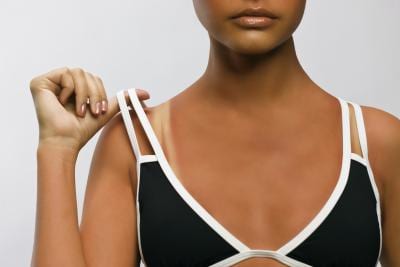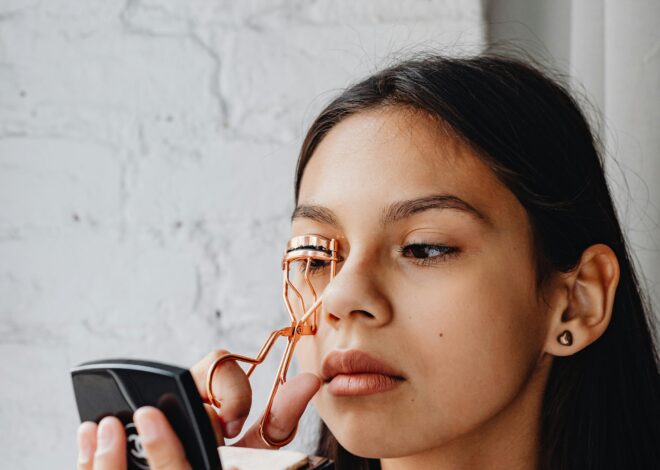A sunburn can begin to spread across your skin as soon as one hour after sun exposure. Along with pain, redness and the occasional smattering of blisters, a sunburn can cause headache, fever and a feeling of being run down. Unless your sunburn is extremely severe, you can treat it at home the natural way.
About Sunburn
Whenever you’re exposed to ultraviolet light, be it from the sun or a tanning bed, the amount of melanin, or pigment, your skin produces increases. Excess amounts of melanin are responsible for the dark tan you get when you go out in the sun. A tan is actually your skin’s defense against UV rays. If your skin doesn’t produce enough melanin, it cannot protect itself against the sun. After a certain amount of exposure to UV light, your skin burns. A sunburn is usually at its worse after three days.
Cool Down and Rehydrate
A cool bath or shower can help sooth sunburned skin. Use a cool, damp towel as a compress to reduce sunburn pain. Drink plenty of liquids, too. Whenever you’re exposed to UV light or heat, fluid loss occurs throughout your skin. Drinking ample amounts of water helps your body carry out its usual functions.
Natural Topicals
One of the best natural topical treatments for sunburned skin, as well as thermal burns, is aloe vera gel. Integrative physician Dr. Andrew Weil suggests using fresh gel from the leaves of the aloe vera plant. Snip off a leaf near the center stalk, remove the spines and cut it length-wise. Then apply the gel directly to your skin. If you use aloe vera products purchased from the drugstore, read the labels and choose the product that contains the highest percentage of aloe.
What to Avoid
Some home remedies include using butter, petroleum jelly or other greasy, oily topicals to treat sunburned skin; however, you should avoid using these. According to the Burn Foundation, applying greasy topicals to any type of burn, including thermal burns, makes your skin retain heat. Also, avoid any moisturizer that contains a topical anesthetic or fragrance. These can cause irritation. MayoClinic.com stresses the importance of leaving blistered skin alone. Popping the blisters delays healing and increases your risk of infection. Protect blisters with clean gauze until your skin heals.
Prevention Tips
Fair-skinned individuals are more likely to peel after a sunburn. Making sure that you exercise thorough sun protection during this time is crucial to prevent further damage to your skin. The American Academy of Dermatology advises applying a broad-spectrum sunscreen with a minimum sun protection factor of 30 before going outside, even on cloudy or overcast days. Avoid seeking out the sun to get a tan — sun exposure increases your risk for signs of premature aging, such as wrinkles and sunspots, as well as certain types of skin cancer.





